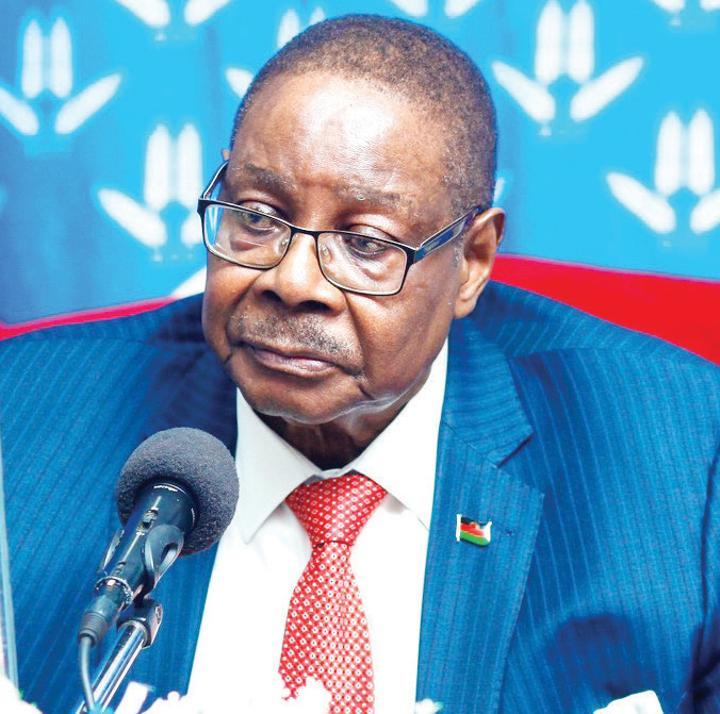Africa-Press – Malawi. A report by pan-African organisation, African Centre for Governance (ACG), has concluded that the September 16 elections are shaping up to be highly competitive and tension-filled, with significant stakes involved.
ChakweraThe report highlights issues such as the participation of incumbent President Lazarus Chakwera alongside former presidents Peter Mutharika and Joyce Banda, which it says has heightened political intensity and made the election particularly consequential.
“This increased attention has placed the Malawi Electoral Commission [Mec] under immense pressure to ensure a credible, transparent and well-managed electoral process that upholds democratic integrity,” the report says.
It adds that while the political atmosphere suggests the elections will probably be peaceful, several challenges remain.
These include election-related violence and voter apathy, especially among the youth and marginalised groups.
Additionally, political party funding remains an unresolved issue, with ongoing debates about the lack of state funding for parties potentially affecting fair competition, according to ACG.
The report says the situation is further complicated by the spread of misinformation and disinformation, particularly on social media, about election technology, which it says poses risks to public trust in the process.
“Addressing these challenges through civic education, stakeholder dialogue and technological safeguards will be crucial to ensuring a credible and peaceful electoral process,” it says.
Mec spokesperson Sangwani Mwafulirwa said stakeholders can judge for themselves how the commission has been engaging with political parties, civil society organisations and all relevant players in the electoral process so far.
He added that, regarding a potential second election should no candidate reach the 50-percent-plus-one vote threshold, measures are already in place to ensure it would occur within 60 days.
Centre for Elections and Democracy Team Leader Aloisius Nthenda said that, as pointed out in the report, it is both relevant and critical for all electoral stakeholders to do their utmost to ensure Malawi conducts successful elections that meet both local and international standards.
“Civil society should increase civic and voter education to enhance participation and election observation to improve oversight of the process, thereby strengthening democracy in Malawi,” Nthenda said.
National Coordinator for the Catholic Commission for Justice and Peace, Lewis Msiyadungu, expressed concern that the lack of funding for civil society organisations is jeopardising voter education.
Msiyadungu described this as a recipe for poor voter turnout on election day and an increase in null and void votes, especially “when considering Malawi’s literacy levels”.
For More News And Analysis About Malawi Follow Africa-Press






